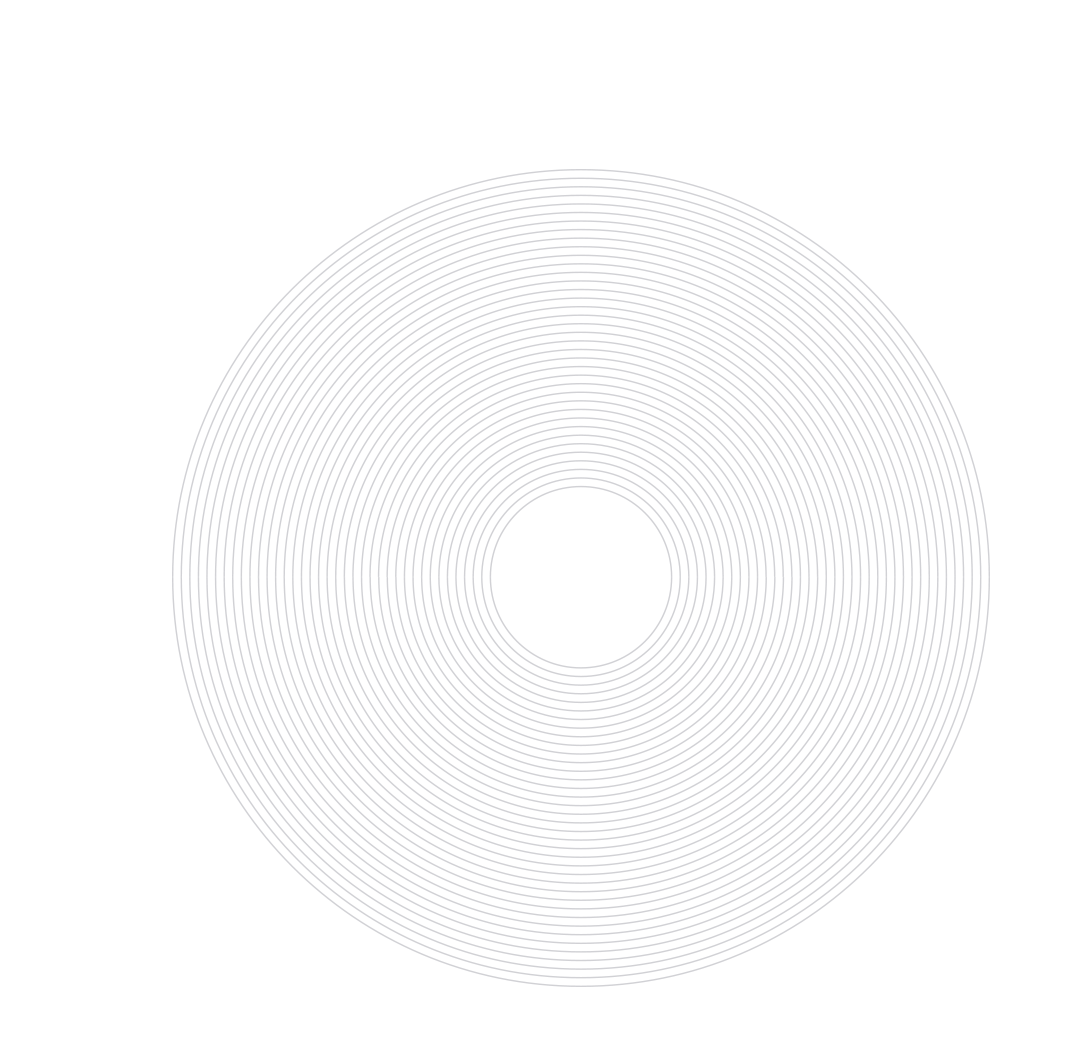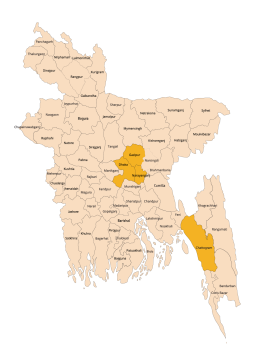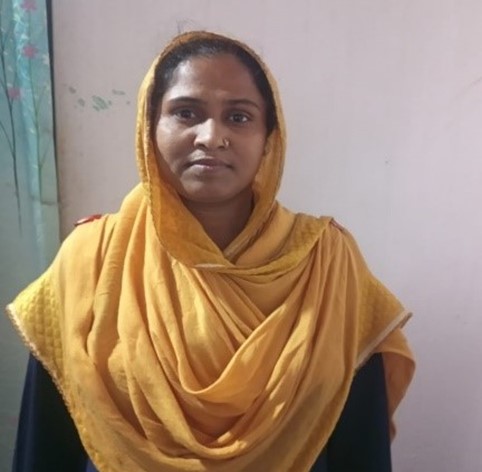
The Bangladeshi ready-made garment (RMG) sector is yet to emerge as a compliance sector for its women workers in standards of decent work. From this activity’s baseline study, it was found that only 3% of women workers are enjoying better employment opportunities at their workplace. Besides, 19% of the women workers expressed their willingness to undertake higher roles, whereas roughly 80–90% of Bangladesh's labor force is employed in the informal sector.
In these circumstances, this USAID’s Thrive Activity came up as a response to multiple forms of discrimination against women and men that constrain women workers from realizing their full economic potential. Women workers face barriers such as negative social perception of their entrepreneur roles; their competing responsibilities for household work; having a lack of capital, job-related skills, financial literacy; and they are often subject to sexual harassment. The impact of COVID-19 makes them even more vulnerable in terms of increased stress and violence against women and girls, as well as economic hardship and uncertainty.

A total of 908,750 women and partly men reached directly and indirectly

It was not easy to get a job due to her disability. But after searching a lot, she finally got a job in the Islampur Norp factory. When she joined the factory, she didn't like the environment because the factory supervisor used abusive language. But she could never protest because of the fear of losing her job. She used to cry a lot, but there was nothing to do. Physically challenged Husna Ara came to Gazipur with her husband for a job.
“Previously, I felt very shy and unable to talk with people. After participating in EKATA WFS activities, I feel inspired and motivated, I took part in various sessions, including group discussions and role-play, and learned about labor laws, and the right to be united. Later, I became a member of the worker’s federation”, said Husna Ara.
| Title | Date | File Type | Download Here |
|---|---|---|---|
| Women Lead in Emergencies (WLiE) Roundtable | 4 Jan, 2026 |  Available in PDF Format | Size : 1.76 MB Available in PDF Format | Size : 1.76 MB |
Read and download PDF file |
| Entrepreneurs rising with ambition and growth | 18 Dec, 2024 |  Available in PDF Format | Size : 2.51 MB Available in PDF Format | Size : 2.51 MB |
Read and download PDF file |
| Youth labor market assessment USAID Bijoyee activity | 11 Nov, 2024 |  Available in PDF Format | Size : 6.79 MB Available in PDF Format | Size : 6.79 MB |
Read and download PDF file |
| Policy Brief On Evidence Of Priorities, Nature, & Size Of Government & Donors' Investment In Girls’ Priorities and SDG-5 | 27 Sep, 2023 |  Available in PDF Format | Size : 162.28 KB Available in PDF Format | Size : 162.28 KB |
Read and download PDF file |
| Resource Brief About Theoretical Overview On Social Norms | 22 Dec, 2021 |  Available in PDF Format | Size : 126.32 MB Available in PDF Format | Size : 126.32 MB |
Read and download PDF file |
| The ILO Convention: Opportunity For Change | 26 Jun, 2019 |  Available in PDF Format | Size : 2.86 MB Available in PDF Format | Size : 2.86 MB |
Read and download PDF file |
| Briefing Paper On Ending Violence And Harassment In The World Of Work | 28 May, 2018 |  Available in PDF Format | Size : 144.02 KB Available in PDF Format | Size : 144.02 KB |
Read and download PDF file |
| Situation Analysis On Financial Inclusion For Female RMG Workers | 8 May, 2017 |  Available in PDF Format | Size : 3.96 MB Available in PDF Format | Size : 3.96 MB |
Read and download PDF file |
| CARE Pathways Baseline Summary Report | 23 Oct, 2013 |  Available in PDF Format | Size : 2.62 MB Available in PDF Format | Size : 2.62 MB |
Read and download PDF file |
| An Unprecedented Study Measuring Women's Empowerment | 15 Mar, 2013 |  Available in PDF Format | Size : 3.80 MB Available in PDF Format | Size : 3.80 MB |
Read and download PDF file |
© Copyright 2026 CARE Bangladesh. Powered By Bangladesh Online